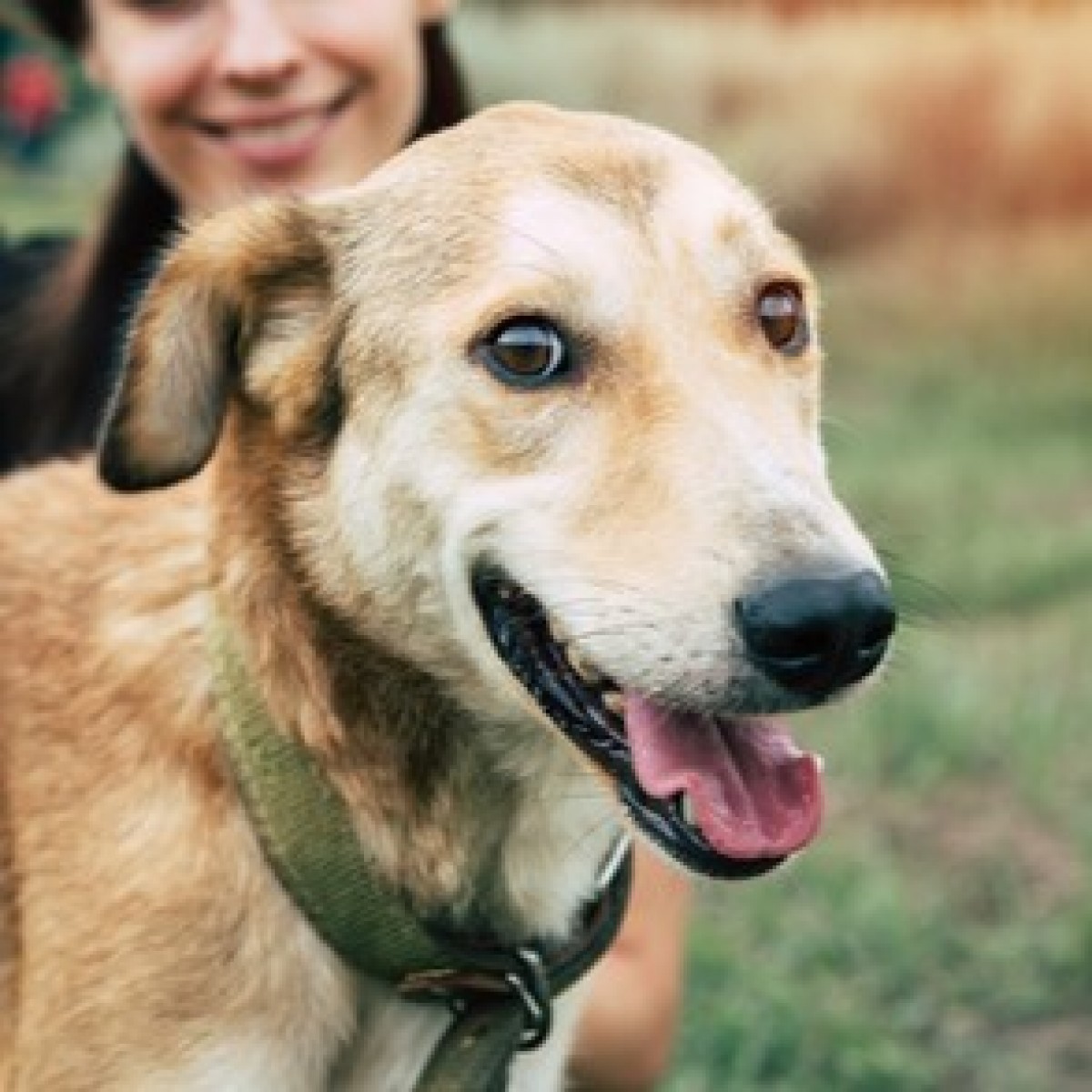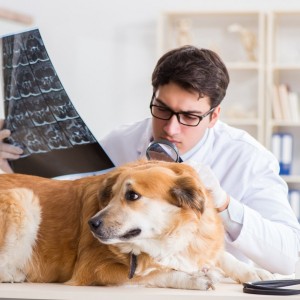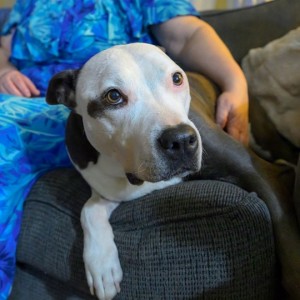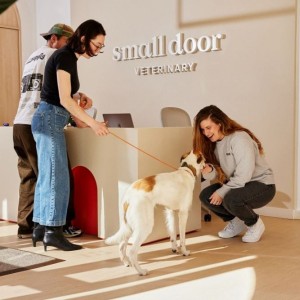Advances in Canine Cancer Screening and Detection
by Jenny Alonge
Cancer is the leading cause of death in adult dogs, especially those over 10 years of age. According to the Veterinary Cancer Society, an estimated one in four dogs will develop cancer at some point in their lives, and approximately six million new cancer diagnoses are made in dogs each year in the U.S. Early detection and treatment are crucial for improving patient outcomes and quality of life and, fortunately, significant recent advances in veterinary medicine have led to improved canine cancer screening and detection methods. However, when considering the new oncology diagnostic options, choosing the right tool or method can be overwhelming. Keep reading to learn more about the innovative products available.
Nu.Q
Developed by the epigenetics company Volition, Nu.Q is a blood test that measures circulating nucleosome levels. A nucleosome has a bead-like formation composed of DNA coiling around a histone protein core. When cells die, nucleosomes are released into the blood. Elevated nucleosome levels are associated with conditions such as cancer, sepsis, trauma, immune-mediated disease, and systemic inflammation. The Nu.Q test uses an enzyme-linked immunosorbent assay (ELISA) containing a capture antibody directed at histone 3.1 and a nucleosome detection antibody to detect circulating nucleosomes.
In a peer-reviewed validation study involving 500 dogs with cancer, the Nu.Q test detection rate was 82% for hemangiosarcoma and 77% for lymphoma. Histiocytic sarcoma, malignant melanoma, osteosarcoma, soft tissue sarcoma, and mast cell tumor were also detected, but at lower rates.
Nu.Q is a great screening option when systemic cancer is suspected, but if your patient has a concerning lump or bump, you should perform a biopsy and proceed with normal testing, because solid tumors don’t typically shed as many nucleosomes in the blood compared with hemangiosarcoma and lymphoma.
Nu.Q is also a good screening test for healthy dogs older than 7 years of age, because the test requires only a simple blood test, is reasonably inexpensive, and provides results in about 10 minutes.
Oncotect
Cancer cell metabolism or the body’s immune response to the cancer cells results in volatile organic compounds (VOCs). In humans, the cancer type and stage can be identified based on distinct urinary VOC patterns. Oncotect was founded on this principle and uses the nematode Caenorhabditis elegans to detect VOCs in a dog’s urine sample. In studies, the worms were more attracted to urine samples for cancerous cells than healthy samples.
Similar to Nu.Q, Oncotect does not identify a specific cancer type, but indicates if a patient is at a high cancer risk. The test was used to evaluate urine samples of dogs with lymphoma, melanoma, hemangiosarcoma, and mast cell tumors and showed an 85% sensitivity and a 90% specificity.
Oncotect can be used to screen dogs suspected of having cancer or healthy older dogs. The test can be performed by a veterinarian or at home by the pet owner with a test kit ordered online. Only a small amount of urine is needed, and results are provided in about seven days.
CADET BRAF
The CADET BRAF mutation detection assay is a DNA urine test that can help detect canine urinary tract cancer by detecting a genetic mutation in the BRAF gene, which indicates transitional cell carcinoma (TTC).
The CADET BRAF has a sensitivity of 85% and a specificity of greater than 99%, making a false-positive result unlikely. If a dog has a negative CADET BRAF test, veterinarians typically automatically run a CADET BRAF-PLUS test. These tests together have an overall sensitivity of 95%.
CADET BRAF can support a urinary tract cancer diagnosis when a bladder or prostatic mass is present, confirm a diagnosis when cytological evidence suggests urinary tract carcinoma, and can screen high-risk breeds.
Clinical indications for using CADET BRAF and BRAF-PLUS include:
- Testing patients presenting with hematuria, stranguria, and/or urinary incontinence who have diagnostic imaging evidence of a bladder or prostatic mass
- Confirming a TCC or urinary tract cancer diagnosis of a bladder mass from a stained cytology slide following ultrasonography and cytological examination of a fine-needle aspirate of the mass
- Monitoring treatment during chemotherapy
- Screening high-risk dog breeds, such as terriers, Shetland and Australian sheep dogs, cattle dogs, beagles, and border collies, 6 years and older
- Testing patients with recurrent, complicated, or antibiotic-resistant urinary tract infections presenting with hematuria, with no imaging evidence of a urinary tract mass
CADET BRAF requires 40 mLs of free-catch urine collected in a special cup provided by the company. Collection can take several days and refrigeration is not necessary.
The landscape of canine cancer detection is rapidly evolving, offering new hope for early diagnosis and treatment. These innovative diagnostic methods are revolutionizing canine cancer detection and management. Veterinarians who stay abreast of new technology, tests, and treatments will practice the most elevated standard of clinical medicine possible.














List
Add
Please enter a comment